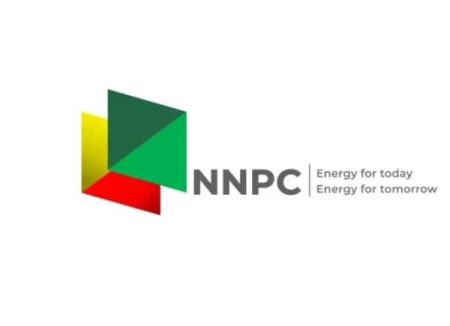Exchange Rate Fluctuations of the Ghanaian Cedi Against Major Currencies on July 1, 2025
The Ghanaian cedi experienced fluctuations against major international currencies, particularly the US dollar, the British pound, and the euro, on July 1, 2025. This volatility reflects the dynamic nature of the foreign exchange market, influenced by a multitude of factors including global economic conditions, local market dynamics, and speculative trading. Understanding these fluctuations is crucial for businesses, individuals, and policymakers involved in international transactions and remittances. This report summarizes the exchange rates from various sources, including forex bureaus, the Bank of Ghana interbank market, and money transfer operators, providing a comprehensive overview of the cedi’s performance on this particular day.
Forex Bureaus and Interbank Market Rates
Forex bureaus, which cater to individual customers and smaller businesses, offered varying exchange rates compared to the official interbank market rates published by the Bank of Ghana. For the US dollar, forex bureaus quoted an average buying rate of GHS12.30 and a selling rate of GHS12.70. This indicates a slightly weaker cedi at the retail level compared to the interbank market, where the buying rate stood at GHS10.30 and the selling rate at GHS10.32. This difference reflects the margins added by forex bureaus to cover their operational costs and generate profit. Similarly, for the British pound, forex bureaus offered average buying and selling rates of GHS13.94 and GHS14.88, respectively, while the Bank of Ghana’s interbank rate was GHS14.13. The euro followed a similar pattern, with bureau rates of GHS11.99 for buying and GHS12.76 for selling, compared to the interbank rate of GHS12.12. These disparities highlight the importance of comparing rates from different sources before conducting foreign exchange transactions.
Money Transfer Operator Rates
Money transfer operators, specializing in facilitating international remittances, offered competitive exchange rates for individuals sending money to Ghana. LemFi and Afriex, two prominent players in this space, both offered a rate of GHS10.30 for US dollar remittances from the US or UK. For British pound transfers, LemFi offered GHS14.13, while Afriex offered a slightly higher rate of GHS14.21. For euro remittances, Afriex quoted GHS12.10 and LemFi offered GHS12.07. These rates are generally more favorable than those offered by forex bureaus, underscoring the competitive landscape of the remittance market. The relatively tighter spreads between buying and selling rates offered by money transfer operators contribute to lower costs for senders and recipients of remittances.
Digital Subscription Payment Rates
For digital subscriptions like Netflix, Spotify, and Apple Music paid via Visa and Mastercard, the exchange rate stood at GHS11.13 for both buying and selling. This rate falls between the interbank market rate and the forex bureau rates, indicating a specific pricing mechanism for international online transactions. The consistency of the rate for both buying and selling suggests a simplified approach to currency conversion for these types of payments, providing clarity and predictability for consumers. This standardized rate likely takes into account various factors, including processing fees and currency conversion costs associated with international card transactions.
Analysis and Implications of Exchange Rate Variations
The variations in exchange rates across different platforms and transaction types highlight the complexities of the foreign exchange market. Factors such as transaction volume, market segmentation, and operational costs contribute to these differences. Individuals and businesses engaging in international transactions should carefully consider these variations to optimize their exchange rates and minimize costs. Monitoring exchange rate trends and comparing rates from multiple sources, including banks, forex bureaus, and money transfer operators, is crucial for informed decision-making. Furthermore, understanding the underlying factors influencing exchange rate fluctuations, such as economic indicators, political events, and market sentiment, can provide valuable insights for managing currency risk.
Future Outlook and Recommendations
The Ghanaian cedi’s exchange rate volatility underscores the need for continuous monitoring and analysis. Economic policies, both domestic and international, play a significant role in influencing currency movements. Government interventions, such as monetary policy adjustments and exchange rate management strategies, can impact the cedi’s value. Additionally, global economic conditions, including commodity prices, interest rate differentials, and investor sentiment, can exert significant pressure on emerging market currencies. Therefore, staying informed about these factors is crucial for individuals and businesses involved in international transactions. Diversification of currency holdings, hedging strategies, and utilizing forward contracts can mitigate the risks associated with exchange rate fluctuations, ensuring greater financial stability and predictability.














